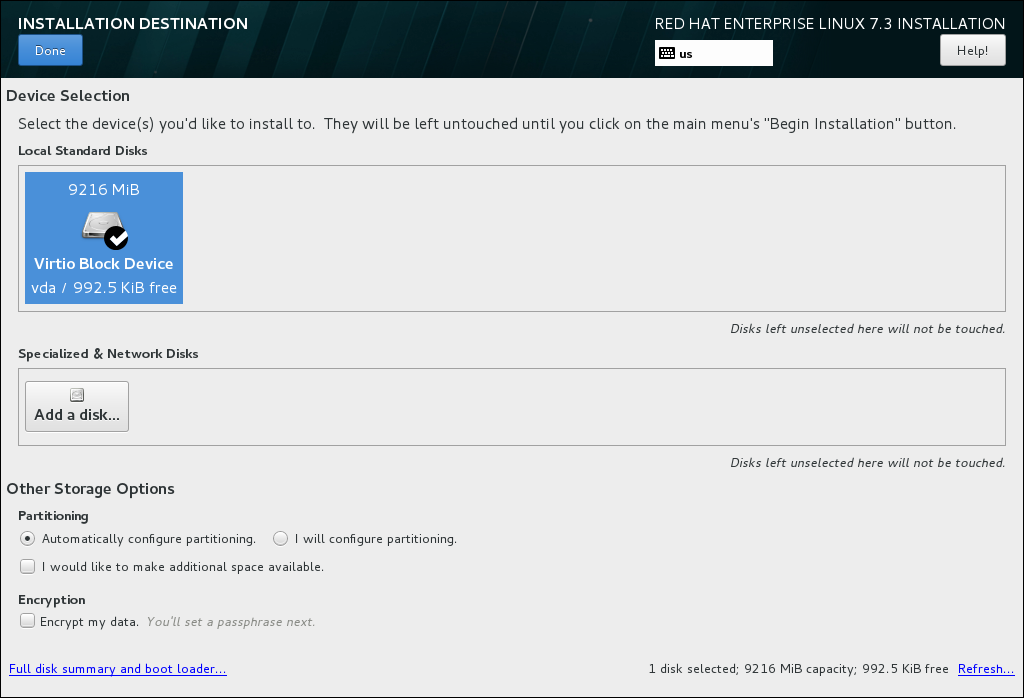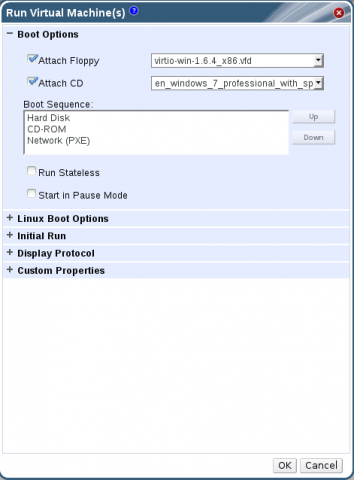- Red Hat Scsi & Raid Devices Driver Download For Windows 8.1
- Red Hat Scsi & Raid Devices Driver Download For Windows 10
- Redhat Scsi Scan
- Redhat SCSI & RAID Devices Driver Download For Windows
The Red Hat Customer Portal delivers the knowledge, expertise, and guidance available through your Red Hat subscription. /proc/scsi/ Red Hat Enterprise Linux 6 Red Hat Customer Portal Red Hat Customer Portal - Access to 24x7 support and knowledge. Red Hat Enterprise Linux 5 (scsiid command) Subscriber exclusive content A Red Hat subscription provides unlimited access to our knowledgebase of over 48,000 articles and solutions. In common with the SCSI protocol definitions Linux represents scsi addresses as a sequence of 4 ID numbers that uniquely identify the location of a SCSI device within the system. These are referred to as Host, Bus, Target, Lun (HBTL) or Host, Channel, Id, Lun (HCIL ) SCSI addresses.
Red Hat Scsi & Raid Devices Driver Download For Windows 8.1
Linux-IO (LIO) Target is an open-source implementation of the SCSI target thathas become the standard one included in the Linux kernel and the one present inRed Hat Enterprise Linux 7. The popular scsi-target-utils package is replacedby the newer targetcli which makes configuring a software iSCSI target quitedifferent.

Red Hat Scsi & Raid Devices Driver Download For Windows 10
In earlier versions one had to edit the /etc/tgtd/targets.conf file andservice tgtd restart. Here is an example configuration:

targetcli can be used either as an interactive shell or as stand alone commands.Here is an example shell session which creates a file-based disk image. Comments areprovided inline:

Hints:
Redhat Scsi Scan
- activating targetcli service at boot is mandatory, otherwise your configuration won’t be read after a reboot
- if you type
cdtargetcli will display an interactive node tree - after configuration is saved you don't need to restart anything
- the old scsi-target-utils doesn't support discovery authentication
- targetcli allows kernel memory to be shared as a block SCSI device via theramdisk backstore. It also supports 'nullio' mode, which discards all writes, and returns all-zeroes for reads.
- I'm having troubles configuring portals to listen both on any IPv4 addresses and any IPv6 addressesthe system has. I've still not figured that out entirely.
Redhat SCSI & RAID Devices Driver Download For Windows
For more information please read Chapter 25 from Red Hat'sStorage Administration Guideor checkoutRed Hat Enterprise Linux 7 books on Amazon.
